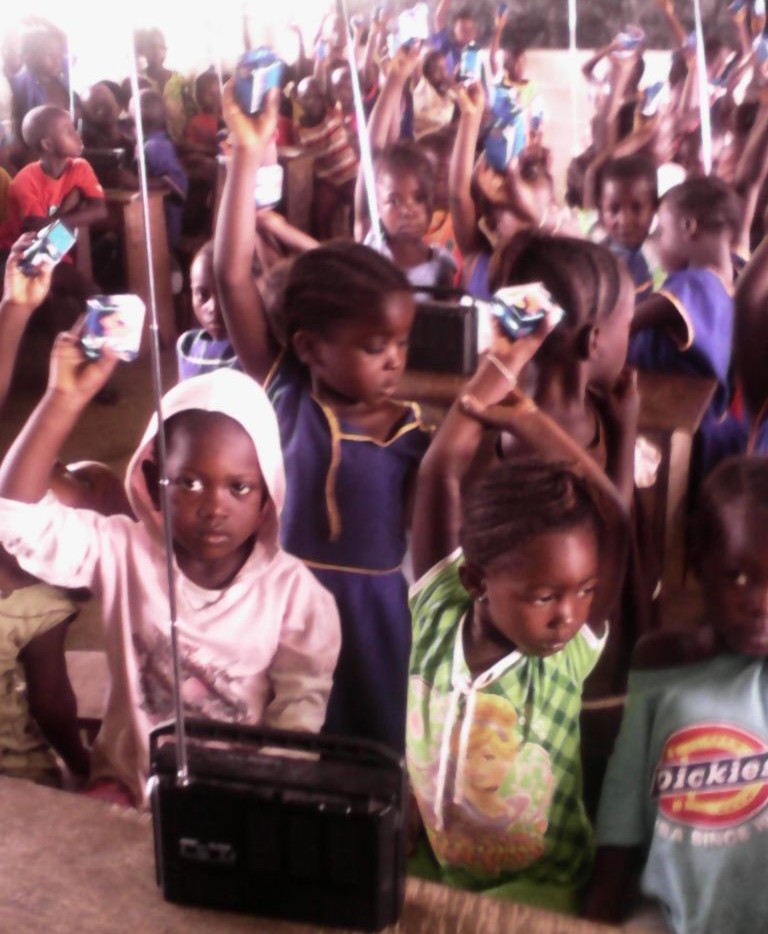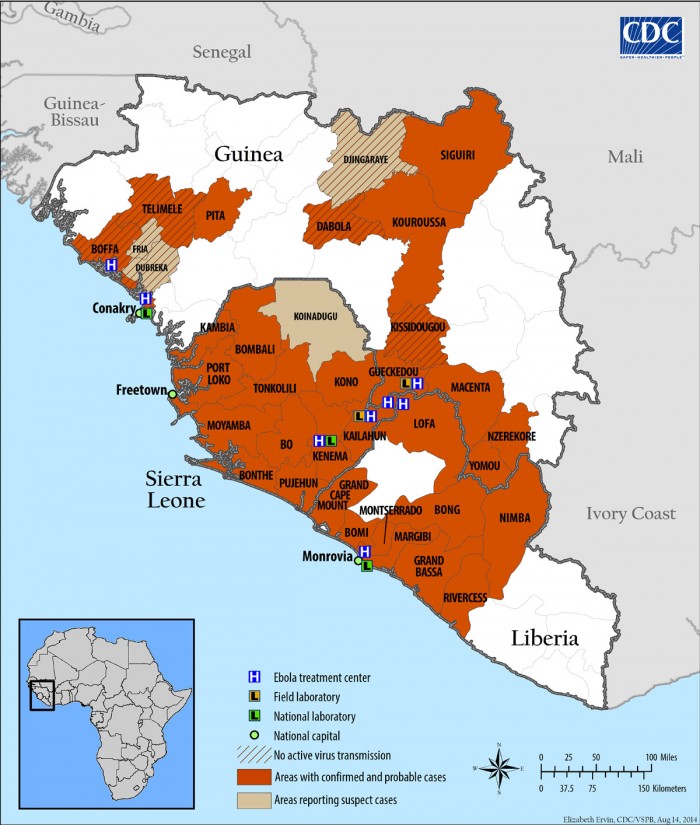After a long and hard year of battling Ebola, Sierra Leone is still working tirelessly to put the pieces of it's already fragile healthcare system, education system and economy back together. People are back to work but the lasting effects of Ebola are still very much present. There are more orphan's and teenage pregnancies than before and the local businesses are struggling to recoup lost revenues.
 During the height of the Ebola outbreak, TVL knew that the community we work in - Golu - really needed something to keep a sense of normalcy while things were anything but. So we proposed to the community committee an education program that would provide 300 children out of school with a daily obligation to lessons. On March 1st we launched our Radio Education & Tutoring Program. We provided 100 radios and 300 school supply kits so that the children could take advantage of the broadcasted school lessons that the Ministry of Education and UNICEF put on in place of schools being closed. In addition to this we hired 4 volunteer teachers from the community and provided a monthly stipend for them to help and tutor the children on their lessons. Furthermore, we wanted to encourage attendance and we were able to keep an average weekly attendance around 80% by providing incentives in the form of biscuits for the children.
During the height of the Ebola outbreak, TVL knew that the community we work in - Golu - really needed something to keep a sense of normalcy while things were anything but. So we proposed to the community committee an education program that would provide 300 children out of school with a daily obligation to lessons. On March 1st we launched our Radio Education & Tutoring Program. We provided 100 radios and 300 school supply kits so that the children could take advantage of the broadcasted school lessons that the Ministry of Education and UNICEF put on in place of schools being closed. In addition to this we hired 4 volunteer teachers from the community and provided a monthly stipend for them to help and tutor the children on their lessons. Furthermore, we wanted to encourage attendance and we were able to keep an average weekly attendance around 80% by providing incentives in the form of biscuits for the children.
Even though Ebola is still lingering in the country we are moving forward with our plans to install a digital library into the community resource center in Golu. TVL is headed back to Golu this August to begin the final phase of our Project Golu - providing access to free education. We have already purchased the digital library but we are still collecting donations to go towards more computers and tablets. If you would like to make a contribution towards free education in Golu you can do so here. TVL will also accept hardware donations. If you are upgrading your laptop or tablet you can make a donation to TVL by getting in touch with us at info@thevillagelink.org.
We'll keep you posted on our progress as we countdown the days until we leave and during our trip. Stay tuned for more!
Cheers,
The Village Link Team



